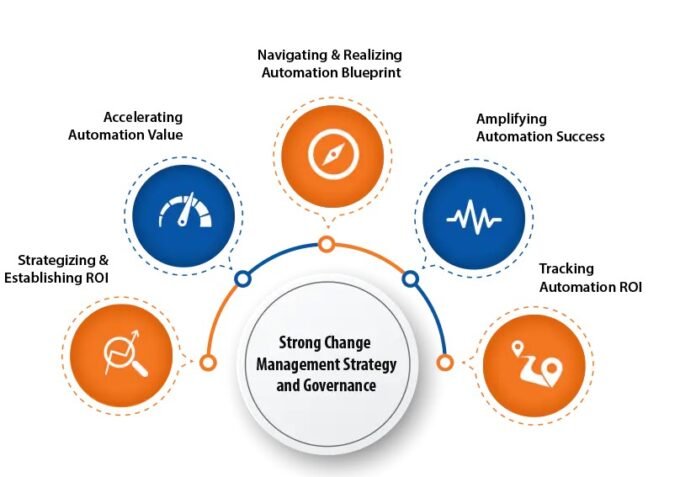From the installation of smoke alarms and carbon monoxide detectors to checking tenant’s ‘right to rent’ and your property’s energy performance, there are a myriad of factors to take into account if you’re a landlord in the UK – If you’re a new landlord looking to rent out your first property, take note of these essential legal obligations:
Check your tenant’s right to rent – When taking in a tenant or lodger, you must ensure that they are legally permitted to live in the United Kingdom – allowing someone to stay in your property who’s not entitled to live in the UK could see you receive an unlimited fine or even prison time. You can check tenants’ eligibility via original records (always keep copies of these) or with the Home Office in the case of Commonwealth citizens.
Check your property’s energy performance – Every property you own as a landlord should have an up-to-date Energy Performance Certificate (EPC), which essentially measures your property’s energy efficiency. Landlords can reduce their chances of having to pay unnecessary extra costs by going with a reputable landlord letting service to carry out energy performance checks.
Ensure your tenant’s deposit is protected – If an assured shorthold tenancy agreement was signed after 6th April 2007, you must place tenants’ deposits into a government-approved tenancy deposit scheme (TDP) within 30 days. Tenants should receive their deposit back within 10 days of moving out of the property.
Make sure you pay your taxes and have the correct licensing and permissions – As you might expect, the numerous legal responsibilities and obligations of landlords in the UK include ensuring that all of the proper measures have been taken in terms of tax, licensing and permissions, especially if you wish to turn your home into a house of multiple occupancy (HMO). To help you with your tax affairs, you may want to start on a landlord’s guide to Making Tax Digital. This guide outlines keeping records digitally, submissions and finalization of tax return filings, and preparation of accounting reports.
Repairs and maintenance – Generally, landlords will also be legally responsible for any repairs in the home, including the maintenance of the structure and exterior (walls, foundation, roofing, exterior drains, windows etc.), fixtures and fittings (baths, sinks, lights, toilets etc.) and interior workings of the property, such as boilers and water and gas pipes.
Health and safety – As a landlord, you must provide a safe property that’s as risk-free as possible and conducive to the good health of any occupants. This includes installing smoke, carbon monoxide and fire alarms and following any fire safety regulations to a tee – this is especially true if you’re renting out property in a block of flats or a house that’s been converted into multiple flats or apartments. It’s essential that you do a thorough audit of your property to ensure that it is safe for occupancy – your local council may decide to inspect your home using the Housing Health and Safety Rating System (HHSRS) if it’s deemed as unsafe in a council survey or reported as potentially unsafe by a tenant or lodger.








